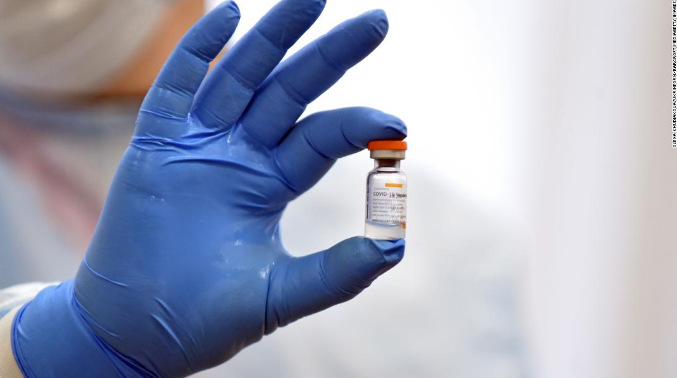Inactivated virus vaccines, like Sinovac and Sinopharm, are often seen as less effective due to their lower antibody response compared to mRNA vaccine
Inactivated virus vaccines, like Sinovac and Sinopharm, are often seen as less effective due to their lower antibody response compared to mRNA vaccines. However, a recent study has found that these vaccines may play a significant role in preventing severe cases of Covid-19.
Researchers from Duke-NUS Medical School discovered that inactivated virus vaccines and mRNA vaccines, such as Pfizer-BioNTech’s Comirnaty and Moderna’s Spikevax, trigger different T-cell responses when fighting the virus. While mRNA vaccines primarily activate T-cells targeting the spike protein of the virus, inactivated vaccines elicit a broader immune response, potentially offering protection against more viral proteins.
Dr. Anthony Tanoto Tan, a senior research fellow at Duke-NUS, explained that while inactivated vaccines might not be as effective at preventing infection, they could be crucial in reducing the severity of the disease.
Earlier research showed that mRNA vaccines produced a higher number of antibodies compared to inactivated vaccines. However, with new variants like Omicron being better at evading antibody responses, focusing on how vaccines prevent severe disease rather than infection may be more important, according to Dr. Tan.
The study, published in Cell Reports Medicine in October, involved around 500 blood samples from over 130 individuals who received either inactivated or mRNA vaccines. The findings revealed that mRNA vaccines generate T-cells that target the virus’s spike protein, while inactivated vaccines stimulate a more diverse T-cell response to other viral proteins, such as the membrane and nucleoprotein.
Dr. Antonio Bertoletti, the study’s senior author, noted that the broader T-cell response generated by inactivated vaccines could be beneficial in controlling severe cases of Covid-19. However, larger studies are needed to further understand the impact of these responses.
While this research provides valuable insights, Dr. Tan emphasized that it does not necessarily mean that inactivated vaccines are superior to mRNA vaccines. He suggested that a combination of both vaccines might offer the best protection, where an individual could receive an mRNA vaccine for the primary series and follow up with an inactivated vaccine booster to leverage the advantages of both.
The Duke-NUS team has called for further studies to better compare the effects of T-cell responses from different vaccines in preventing severe Covid-19.
Also Read: What Are Bivalent Vaccines? Do You Need a Second Booster? Here’s What You Need to Know About Singapore’s New Covid-19 Vaccination Strategy.



COMMENTS